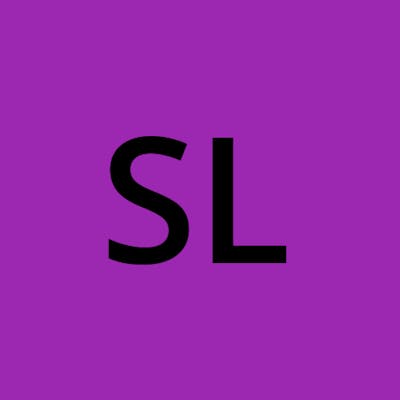My First Certificate
Hello reader, in this week of blogging I will be talking about my progress with Python, what junior data-science roles require & Github
#Progress with Python#
This week I completed some work on frequency tables and dictionaries, where I learnt how to deploy a code that counts the unique variables in a data set e.g. let's assume there was a survey where people were asked what their favourite colour was and there were 800 responses, by using dictionaries I would be able to identify that there were 5 unique responses (red, green, purple, blue & yellow) and how the frequency of each colour (250 people chose red as their favourite colour).
Exemplar code:
content_ratings = {}
for row in apps_data[1:]:
c_rating = row[10]
if c_rating in content_ratings:
content_ratings[c_rating] += 1
#this is a way of creating a dictionary of unique keys
else:
content_ratings[c_rating] = 1
To take advantage of Dictionaries, I had to understand for loops and ‘if statements’. I’m not sure if ill go deep into that topic in this blog, but I will definitely do that when I create a project, but to summarise, my progress with Python is going well, im currently spending time learning about functions and how to deploy functions.
I’m happy with my progress, however, I feel I need to be more productive. I currently spend 1 hour each day learning Python, I feel that I have not invested enough time to be proficient to move onto SQL in a couple of weeks, so my new plan of action in the next week or so is to invest 1.5-2 hours [per day] coding. This will enable me to get comfortable with the habit of coding but also be productive enough to reach my long-term goals.
#Junior data science roles#
Becoming a data scientist/Analyst is my goal, so I looked up the most important skills required to land a job in the field. From research, Python/R and SQL are the most sought-after tools when it comes to data science. Surprisingly, some roles looked for Excel, if someone is competent at Python or R, they should be able to clean data efficiently without Excel (especially when we are looking at data that can include thousands of data points).
Furthermore, to be prepared for Data Science, I also need to ensure my Statistics knowledge is excellent too. Employers usually test applicants statistical knowledge with a technical interview, wherefrom research a common question for a data-science applicant is ‘ What is an example of a data type with a non-Gaussian distribution?’, Learning econometrics at university means I have a good foundation when it comes to statistical knowledge, to combat this area I will brush up simple statistical knowledge before interviews. When it’s time for me to prepare, I will prepare a blog on what I will do for technical interviews. GitHub
To land a job I need to be able to develop a portfolio and from research one place which often comes out on TOP is Github, so in a few weeks, im going to make it my mission to learn GitHub so I can display what I learnt from Econometrics and other data related resources at university.
There are added benefits such as collaboration, however these benefits arent clear to me at this current point in time, so expect a future blog to talk about these advantages.
#Conclusion#
Thank you for tuning in, I will be going to university next week, so I won't be dropping a post for a while. My next post will likely be around books rather than Data-science, but the topic of discussion isn’t set in stone.
